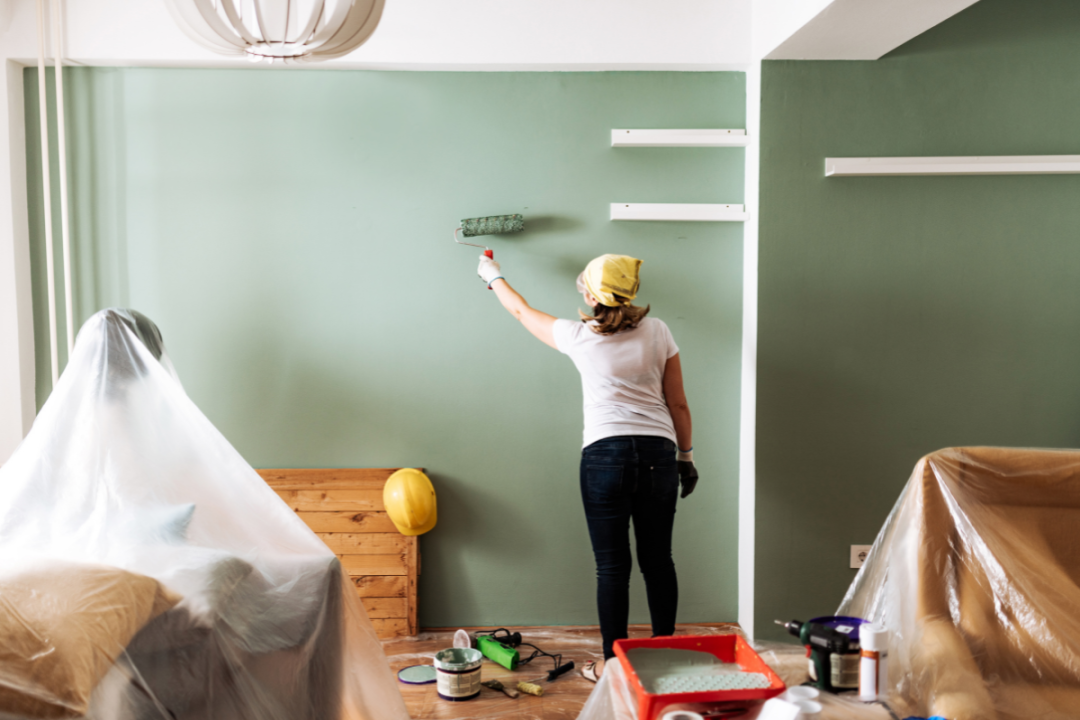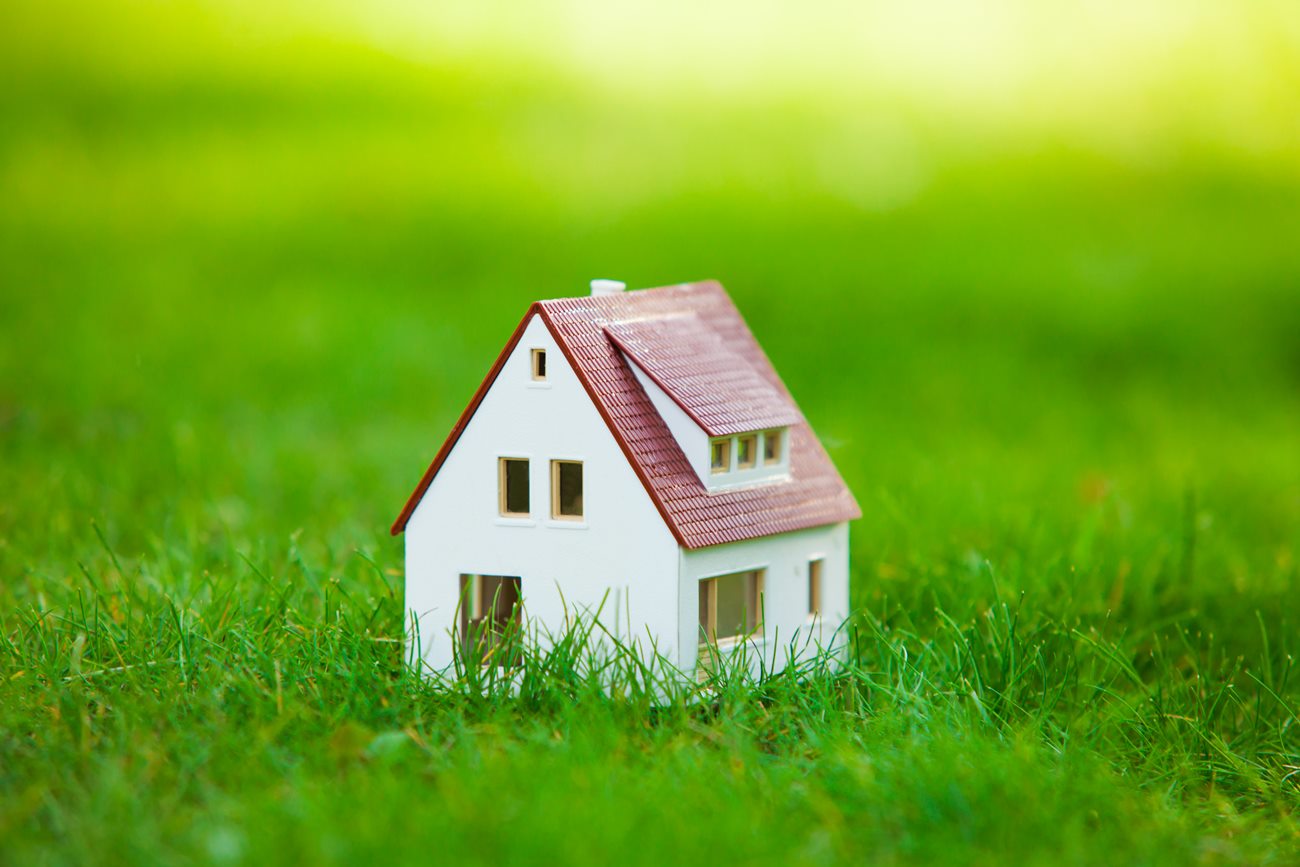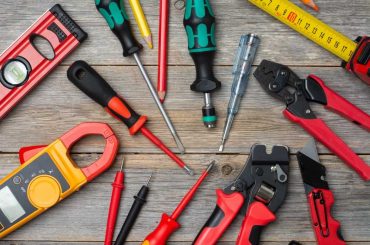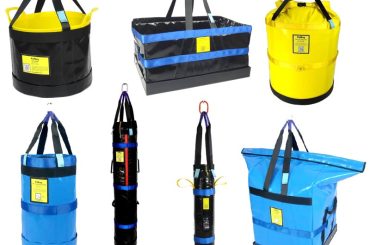Table of Contents
In recent years, the conversation around climate change has shifted from a distant concern to a pressing, omnipresent issue. It’s something we can no longer afford to ignore, affecting every aspect of our lives—from the air we breathe to the homes we live in.
Recognizing this urgency, governments worldwide are stepping up, introducing initiatives to make our living spaces more sustainable. Among these measures, government-funded home upgrades stand out as a beacon of hope, promising not only to lower our carbon footprint but also to usher us into a new era of environmental stewardship.
A Personal Touch to Global Action
The thought of transforming our homes into eco-friendly sanctuaries can seem daunting, especially when considering the cost and complexity of such endeavours. However, with government-funded programs, what once seemed like a distant dream is now within reach for millions. These initiatives are not just policies written on paper; they are a warm hand reaching out, guiding us towards a brighter, greener future.
Positive Environmental Impacts

As you navigate through the growing concern for our environment, it’s empowering to learn how government-funded home upgrades can lead to substantial environmental benefits.
Reduction in Energy Consumption
At the heart of these upgrades is the reduction of energy consumption. Traditional homes, with their outdated insulation, inefficient heating systems, and energy-hungry appliances, contribute significantly to global emissions.
Government-funded upgrades tackle these issues head-on, offering solutions like high-efficiency insulation, eco-friendly heating systems, and solar panels. By adopting these technologies, we can significantly reduce our energy use, cutting down on both our utility bills and our environmental impact.
Visit https://freeinsulationscheme.org.uk/ to look at what insulation grants are available.
Lower Greenhouse Gas Emissions
By opting for a high-efficiency HVAC system or solar panels through subsidised programs, you directly contribute to a decrease in greenhouse gas emissions. Homes with solar panels, for instance, may decrease emissions by over 3,000 pounds annually compared to conventional energy sources.
The Ripple Effect of Water Conservation
Water, our most precious resource, is under constant threat from overuse and pollution. Home upgrades such as low-flow fixtures and rainwater harvesting systems not only help conserve water but also reduce the strain on our municipal water systems.
These changes may seem small in the grand scheme of things, but when multiplied by millions of homes, they can lead to substantial environmental benefits, including reduced energy consumption for water heating and decreased water treatment requirements.
Improvement in Air Quality
One of the most immediate benefits of government-funded home improvements is improved indoor air quality. By incorporating materials that are free from harmful chemicals and improving ventilation systems, we can create healthier living spaces for ourselves and our families.
Moreover, plants and green roofs can further enhance air quality while providing natural insulation. These living systems act as lungs for our homes, absorbing carbon dioxide and releasing oxygen, making our homes not just shelters, but active participants in the fight against climate change.
Sustainable Resource Use
Investing in renewable resources and durable materials safeguards our planet’s future. By incorporating elements like bamboo flooring or rainwater harvesting systems, your home makes use of resources that are replenishable and eco-friendly, thus preserving natural habitats and reducing waste.
Economic and Social Advantages

When your government invests in home upgrades, you don’t just enjoy a greener lifestyle. You also unlock significant economic and social benefits that can echo throughout your community.
Long-Term Cost Savings
Investing in energy-efficient home upgrades may seem costly at first, but they’re designed to save you money in the long run. For example, solar panel installations and improved insulation reduce your energy bills. The less energy you use, the less money you spend—and these savings accumulate over time.
Job Creation in Green Technologies
By funding home upgrades, the government spurs growth in green tech industries. This means more jobs for people who manufacture, install, and maintain these technologies. Think about it:
- For every house that needs solar panels, there’s a job for someone to make and install them.
- For every smart metre that’s fitted, there’s a technician who’s employed to manage it.
Enhanced Property Values
Wouldn’t you be willing to pay more for a home that promises lower utility bills and modern technology? Well, so do others. Homes with energy-efficient upgrades often have higher resale values. Here’s a quick snapshot:
| Home Feature | Potential Increase in Value |
|---|---|
| Solar Panels | 4.1%* |
| Energy-Efficient Windows | 2.5%* |
| Modern Insulation | Up to 3%* |
*Figures are an example and can vary based on market conditions.
Improved Public Health
Your home environment plays a huge role in your health. Upgrades that improve air quality, like better ventilation systems, can reduce respiratory problems. Plus, reducing reliance on fossil fuels decreases pollution, which benefits everyone’s health in your community.
A Collective Journey
The journey to a sustainable future is one we must embark on together. Government-funded home upgrades offer a unique opportunity for each of us to contribute to this collective effort. Let’s embrace these opportunities, transform our homes, and together, take a bold step forward for the environment.





